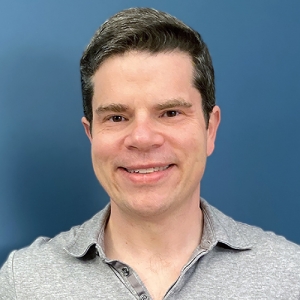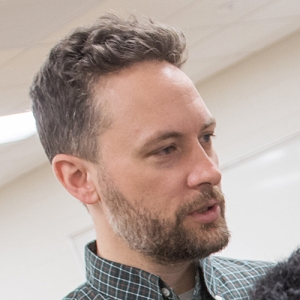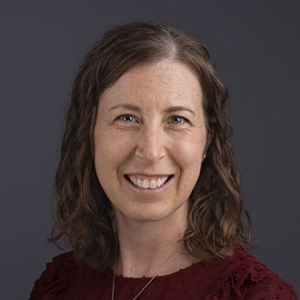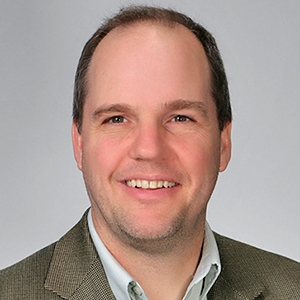MRI: Acquisition of a High-Resolution Micro-Computed Tomography System for Multidisciplinary STEM Research and Undergraduate Training
The National Science Foundation
Division of Biological Infrastructure, Major Research Instrumentation Program
Award Date: 08/20/2015 | Award Amount: $379,130 | Effective Dates: 09/01/2015 – 08/31/2018 | Award ID: DBI-1531850
Project Personnel: Principal Investigator Scott Kirkton (Biology) with co-PIs John Rieffel (Computer Science), Leo Fleishman (Biology), Robert Olberg (Biology), Jennifer Currey (Bioengineering), and Senior Personnel David Hodgson (Mechanical Engineering), Steven Rice (Biology), and Nicole Theodosiou (Biology).
Project Summary: This Major Research Instrumentation (MRI) grant provides funding for the acquisition of the high-resolution micro-computed tomography (µCT) system. This instrument will provide a nondestructive method to visualize complex internal structures of a sample ranging from micro to macro scales. Analysis of µCT images can address fundamental structure-function questions in science, technology, engineering, and mathematics (STEM). The accessibility to structure-function relationships combined with the lack of complicated sample preparation makes µCT research a clear entry point to engage undergraduates in meaningful STEM research. This project will enhance both multidisciplinary and interdisciplinary STEM research at Union College that will influence external researchers and build future collaborations. The project will provide access to research training to increase student interest in pursuing graduate STEM study and improve the scientific and technical research infrastructure of our country and will allow Union College students to interact with cutting-edge µCT technology and its capabilities through a wide variety of STEM classes. Union College has established K-12 outreach programs aimed at encouraging students from traditionally underrepresented groups to enter STEM fields and an undergraduate program (DUE-1356398) that provides scholarships and intensive cohort mentoring with educational enrichment activities to increase undergraduate retention and achievement in STEM disciplines. This project will enhance the work of these groups by leading students through exciting, hands-on µCT imaging with associated 3D printing modules. The goal of these outreach activities is to help students see themselves as future scientists and engineers.






